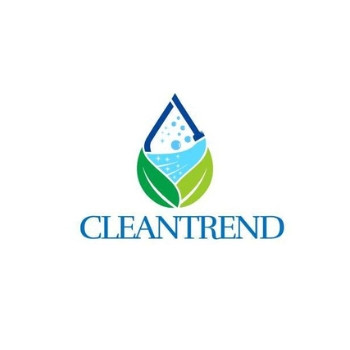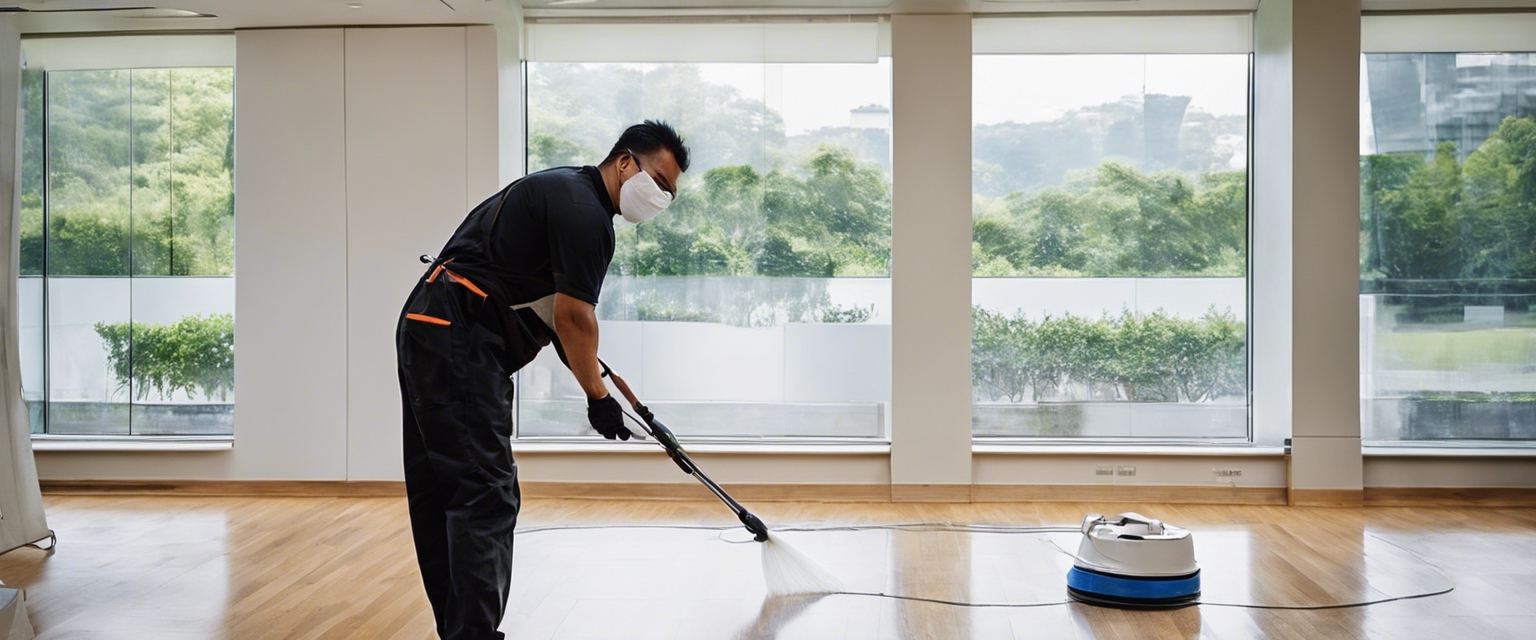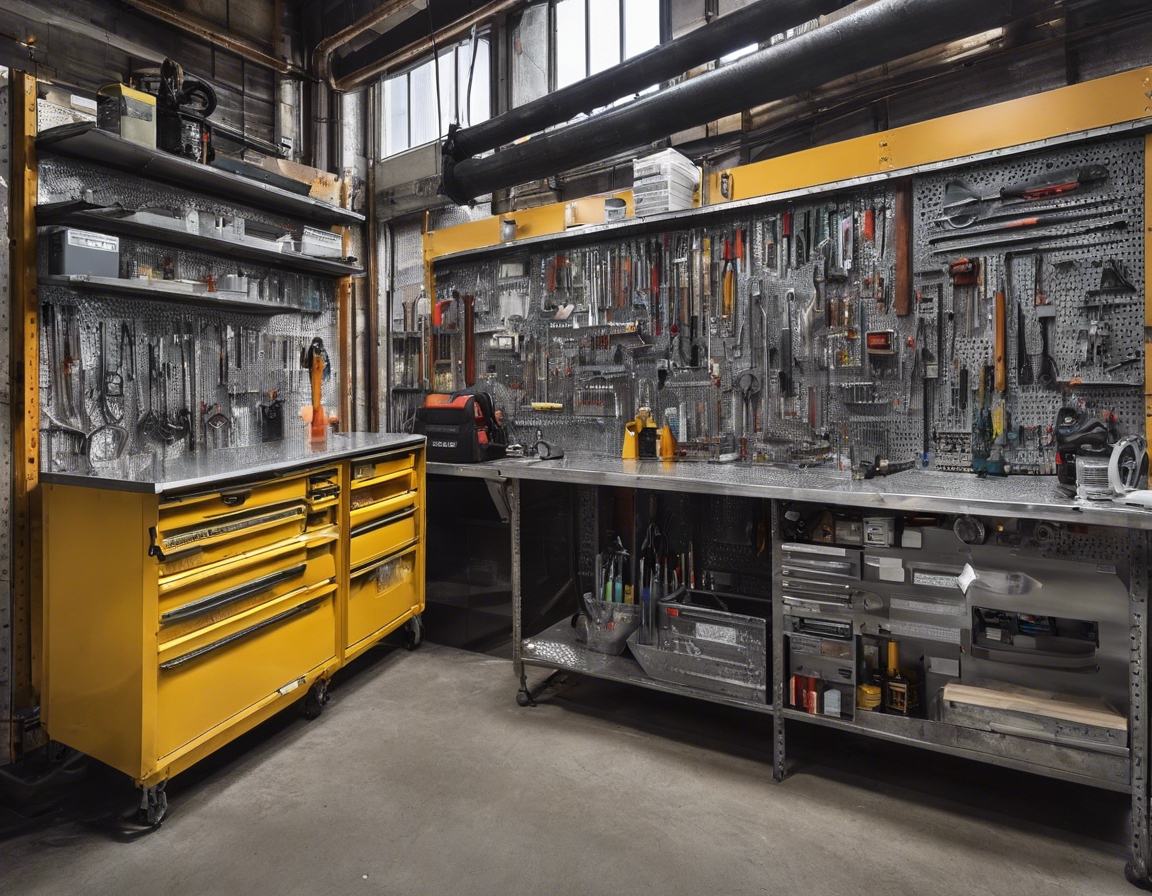The importance of professional cleaning training
In the competitive world of facility management and cleaning services, maintaining high standards is crucial. Professional cleaning training is an essential component for companies aiming to deliver superior service quality and operational efficiency. This training equips cleaning staff with the necessary skills and knowledge to perform their duties effectively, ensuring that facilities are maintained to the highest standards.
Benefits of Professional Cleaning Training
Professional cleaning training ensures that staff are well-versed in the latest cleaning techniques and technologies. This knowledge translates into higher service quality, as employees can tackle a wide range of cleaning challenges with confidence and expertise. Trained professionals are more likely to deliver consistent results, leading to increased customer satisfaction and loyalty.
Efficiency is a key driver of success in the cleaning industry. Through professional training, employees learn how to optimize their workflows, use cleaning products effectively, and manage time efficiently. This leads to reduced waste, lower operational costs, and a more streamlined cleaning process, ultimately boosting the company's bottom line.
Health and safety are paramount in any cleaning operation. Professional training programs emphasize the importance of adhering to safety protocols and regulations, reducing the risk of accidents and injuries. Trained staff are better equipped to handle hazardous materials and operate cleaning equipment safely, ensuring a safe environment for both employees and clients.
Key Components of Effective Cleaning Training Programs
An effective cleaning training program should cover a wide range of topics, including cleaning techniques, equipment usage, chemical handling, and customer service. A comprehensive curriculum ensures that employees are well-rounded and capable of addressing various cleaning scenarios.
While theoretical knowledge is important, hands-on training is crucial for reinforcing learning. Practical sessions allow employees to apply what they've learned in real-world situations, building their confidence and competence. This experiential learning approach is vital for mastering complex cleaning tasks.
Regular assessments and feedback are integral to the success of any training program. Continuous evaluation helps identify areas for improvement and ensures that employees remain up-to-date with industry standards. Constructive feedback fosters a culture of continuous improvement, motivating staff to strive for excellence.
The Role of Technology in Cleaning Training
Technology has revolutionized the way training is delivered. Online training modules offer flexibility and convenience, allowing employees to learn at their own pace. These modules can be accessed from anywhere, making it easier for companies to train staff across multiple locations.
Cleaning simulations provide a realistic and immersive training experience. These virtual environments allow employees to practice their skills in a controlled setting, enhancing their problem-solving abilities and decision-making skills. Simulations are particularly useful for training staff on complex or hazardous cleaning tasks.
Choosing the Right Training Partner
Selecting the right training partner is crucial for achieving desired outcomes. Companies should evaluate potential providers based on their expertise, reputation, and track record. It's important to choose a partner that understands the unique needs of the cleaning industry and can deliver tailored training solutions.
Every organization has unique requirements, and training programs should be customized to address these specific needs. A good training partner will work closely with the company to develop a program that aligns with its goals and objectives, ensuring maximum impact and effectiveness.








Comments (0)